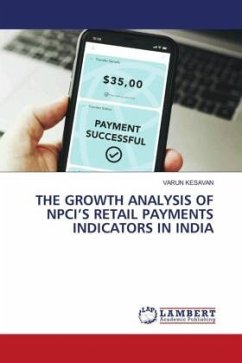The creation of the Economic and Monetary Union (EMU) has accelerated the harmonization process of regulation and governance in Europe. However, the integration of fragmented retail banking markets still represents a difficult task for regulators. This book investigates the role of EU policy in creating a single market, addressing explicitly questions on the choice of policy measures to overcome barriers to integration persistent in these markets. Based on an analysis of different regulatory theories, the author develops a conceptual framework and illustrates its applicability to the case of the Single Euro Payments Area (SEPA) initiative. The fact that a single market has not yet evolved is less a sign of market or coordination failures than of government failures. The author concludes that, despite the political resistance from national interest groups, regulatory barriers need to be removed first to provide a level playing field for banks and a safe legal environment for consumers.
Bitte wählen Sie Ihr Anliegen aus.
Rechnungen
Retourenschein anfordern
Bestellstatus
Storno








